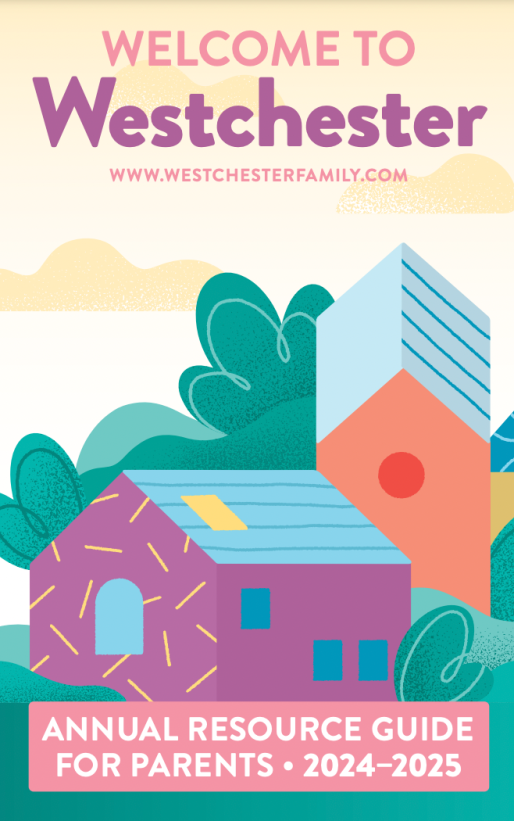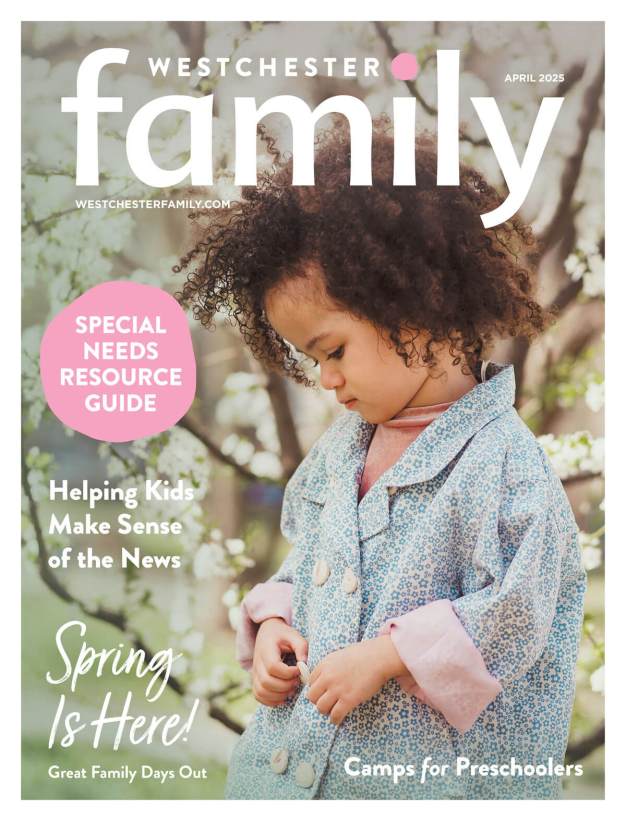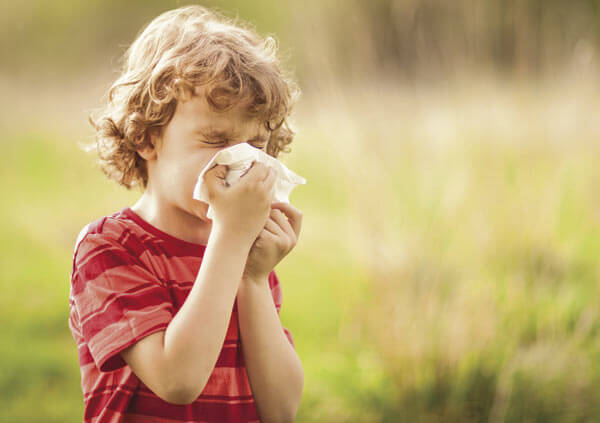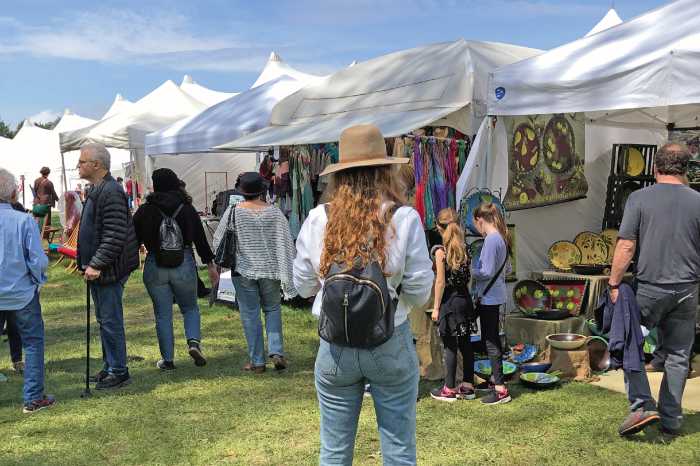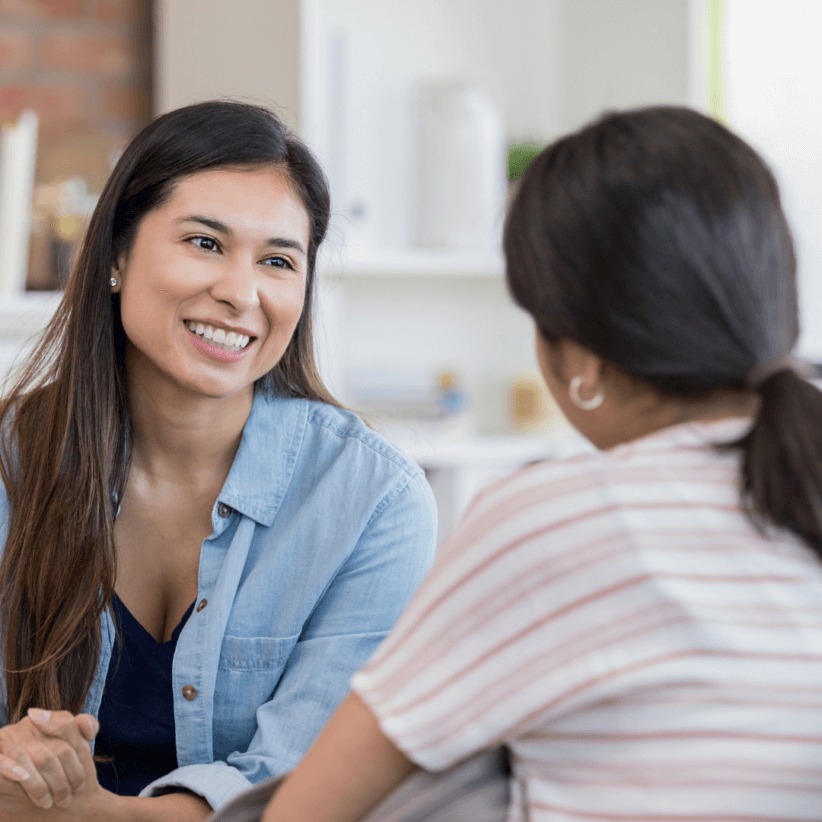
Teens First Visit to a Gynecologist
Are you wondering when it’s the right time to have “the talk” with your daughter about their first visit the Gynecologist? Or what how to the “right” Gynecologist or maybe wha to share what will happen during a visit. During a recent interview, we spoke with Dr. Elizabeth Rodgers, a board-certified OB/GYN who specializes in adolescent gynecology. Dr. Rodgers shared more about the importance of gynecologic care and how to open up the conversation as early as age 9. Read on to learn more about getting your teen ready for their first visit to a Gynecologist.

Westchester Family: Is there a “right” time to start talking to your kids about their first visit to a gynecologist?
Dr. Elizabeth Rodgers: As a NYC-based board-certified OB/GYN and mom of three, empowering young women and helping provide them with a supportive environment to start their gynecologic care is very important to me.
Recently, as a result of the overturning of Roe vs Wade and the subsequent increased media coverage of reproductive health, more parents and teens have come to me to have a frank discussion about “hard to talk about” topics. A good initiation point (if your teen has not inquired prior) is when it is time for your child to get the HPV vaccine. This is approved for both boys and girls starting at age 9. Naturally, your child may wonder, “Why do I need this?.” This presents an opportunity to start the discussion about reproductive health and safety.
From there, one can continue to address puberty and the changes that are happening to your child’s body. Education is essential here. I find that explaining the physiologic purpose of our period gives teens a better understanding of why it’s important to be safe once she becomes sexually active, even if they are still unsure of their sexual identity. It is also important to start this dialogue even if they are not sexually active, or planning on being sexually active in the near future, so that they are empowered with accurate information when the time does present itself. Many parents are concerned that bringing up these topics may encourage their child to have sex earlier, but the medical literature does not support this.
Westchester Family: What age do you recommend girls go for their first visit?
Dr. Elizabeth Rodgers: Ideally, they should see an OB/GYN prior to becoming sexually active or certainly by age 18. As a gynecologist, many adolescents come to me with irregular or painful periods. Prior to this, I educate them about the other areas of reproductive health including contraception and sexually transmitted infection prevention.
Westchester Family: What should parents look for when meeting a new Gynecologist for their daughter?
Dr. Elizabeth Rodgers: It is important to find a provider that is comfortable with the adolescent patient population. Young patients often have different physical, social and emotional concerns that impact their reproductive health and decisions.
Westchester Family: What is a Gynecologist is looking for in young women?
Dr. Elizabeth Rodgers: It is always important to take into account the whole patient when providing medical care. A medical provider should consider not only the physiologic findings, but also how the patient’s social and emotional life can impact their health.
When I speak with a patient about birth control, I want to understand what is happening in their life – and it is not all about sex. I want to talk about the regularity of their period, if they suffer from acne, if they have bad cramping, and, ultimately, how their period impacts their quality of life.
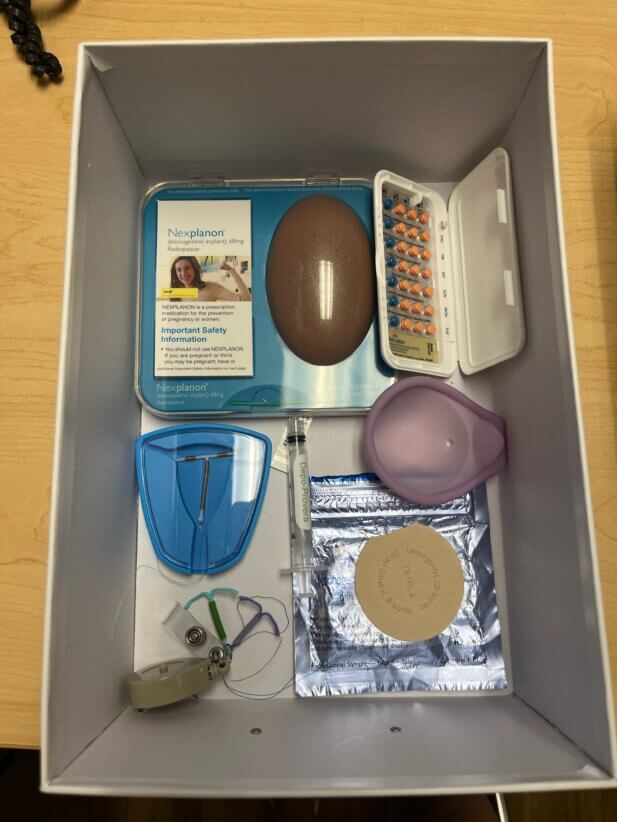
Westchester Family: Do you have anything else to add?
Dr. Elizabeth Rodgers: All contraceptive options are not created equal, and there is not a one size fits all solution. A few years ago, with the help of a college-age intern, I created a tangible box. This includes samples of the various options so they can physically see the differences between each while we discuss the pros and cons.
For many teens, the ease and accessibility of an over-the-counter birth control pill will be a great option. It has very few medical contraindications which makes it safe for many patients. This being said, I would like to note that the pill is 98% effective in PERFECT use. However, this requires the patient to be compliant with taking a pill each day. For many (especially teens), remembering to take a daily pill can be a burden.
For this reason, I tend to recommend long-acting reversible contraceptives (LARCs). These must be inserted by a medical provider, but do not require daily maintenance. They are available in hormonal and nonhormonal options and are effective for extended periods of time. For example, those who wish to avoid additional hormones, may want to consider Paragard. This IUD is effective for up to 10 years. As an OB/GYN, I encourage patients to consider their options. Additionally, they should have a conversation about what is best for them with their health care provider.
